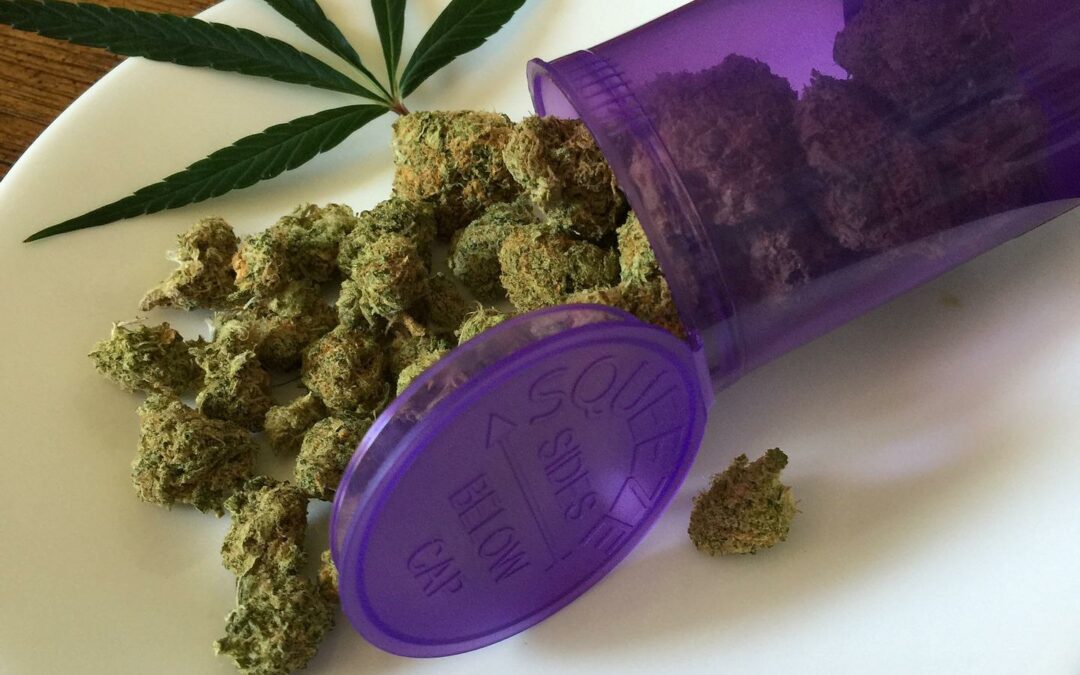A new study published in the journal Cannabis and Cannabinoid Research has found that cannabis used for medical purposes can reduce or cease opioid consumption. The study, Perceived Efficacy, Reduced Prescription Drug Use, and Minimal Side Effects of Cannabis in Patients with Chronic Orthopedic Pain, shows that, “Medical cannabis use was associated with clinical improvements in pain, function, and quality of life with reductions in prescription drug use; 73% either ceased or decreased opioid consumption and 31% discontinued benzodiazepines.”
The Study
For the study researchers observed orthopedic pain patients who had been enrolled in Pennsylvania’s medical cannabis program by their pain management doctor. These patients received cannabis education and purchased products from state-licensed cannabis retailers.
In the study report’s introduction, authors Ari Greis, Eric Larsen, Conan Liu, Bryan Renslo, Anjithaa Radakrishnan, and Adrianne R. Wilson-Poe stated, “The goal of this study was to capture the medically relevant features of cannabis use in orthopedic noncancer pain patients and to objectively quantify the efficacy of cannabis for pain management and prescription medication reduction. Primary outcomes included change in pain, physical health, and mental health scores. Secondary outcomes measures included change in opioid and benzodiazepine use. We hypothesized that the introduction of cannabis would be correlated with decreased pain, improved physical and mental health, and decreased prescription drug use.”
Their hypothesis proved correct.
The Results
The study’s results show that cannabis use can be effective against chronic pain issues and potentially reduce the need for prescription opioid drugs. “In patients with chronic musculoskeletal noncancer orthopedic pain, cannabis reduces pain, improves mental and physical health, and improves QoL. These improvements occur within 3 months of regular cannabis use and appear to plateau thereafter. Our results show an objective association between the initiation of cannabis therapy and the reduction of both opioid and benzodiazepine prescriptions. Interestingly, therapeutic benefits occur with infrequent-to-moderate cannabis use, and the majority of patients appear to self-titrate in a manner that produces beneficial effects in the absence of intoxication.”
The study’s findings are welcome news for orthopedic patients who suffer from chronic pain issues and are concerned about the potential side effects of ongoing opioid use, including the very real concern of developing an opioid dependency.






